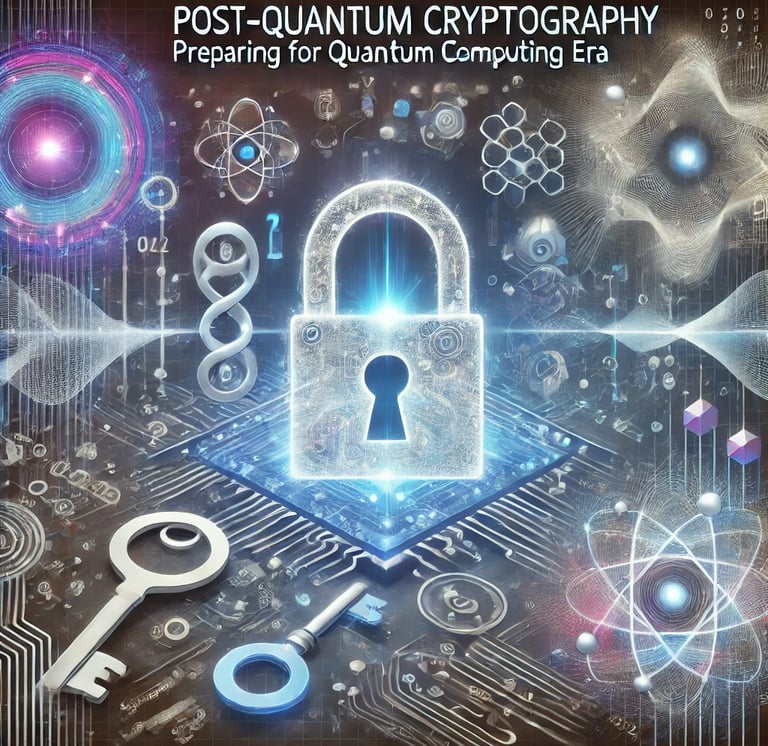What Is Post‑Quantum Cryptography and Why Does It Matter?
INNOVATION AND EMERGING TECHNOLOGIES


What Is Post‑Quantum Cryptography and Why Does It Matter?
Post‑quantum cryptography (PQC) refers to encryption algorithms designed to withstand attacks even from future quantum computers. Today’s online security relies on algorithms—such as RSA or ECC—that a sufficiently powerful quantum computer could break in a matter of hours or days rather than thousands of years. This scenario is not science fiction: over a quarter of experts surveyed believe that a quantum computer capable of breaking current cryptography could emerge by 2035. Without new defenses, sensitive information protected today could be at risk tomorrow.
This is where PQC comes into play. These new algorithms use different mathematical problems that remain intractable for known quantum computers. For example, many rely on lattice‑based problems, error‑correcting codes, or hash functions. In 2022, NIST selected the first standard post‑quantum algorithms—among them CRYSTALS‑Kyber for secure key exchange and CRYSTALS‑Dilithium for digital signatures—which are expected to replace RSA and ECDSA in the coming years.
The importance of PQC lies in safeguarding our long‑term data. Some hackers may already intercept and store encrypted communications (such as emails or VPN traffic) with the intention of decrypting them in the future when more powerful tools become available—the “harvest now, decrypt later” strategy. By implementing post‑quantum algorithms early, this tactic becomes ineffective, and confidentiality is maintained for years to come.
In short, post‑quantum cryptography is a proactive evolution of security measures: we are preparing new locks before the new lockpickers arrive. Although highly technical, within a few years these technologies will become so seamlessly integrated—such as in TLS protocols—that users may not even notice the change. PQC is essential to preserving trust and secrecy in the era of quantum computing.
Bibliografia:
NIST – “Why do we need post-quantum encryption?” (2022).
Wikipedia – “Harvest now, decrypt later” (2022).
NIST – “Selected Algorithms 2022 – PQC” (Comunicato, 2022).